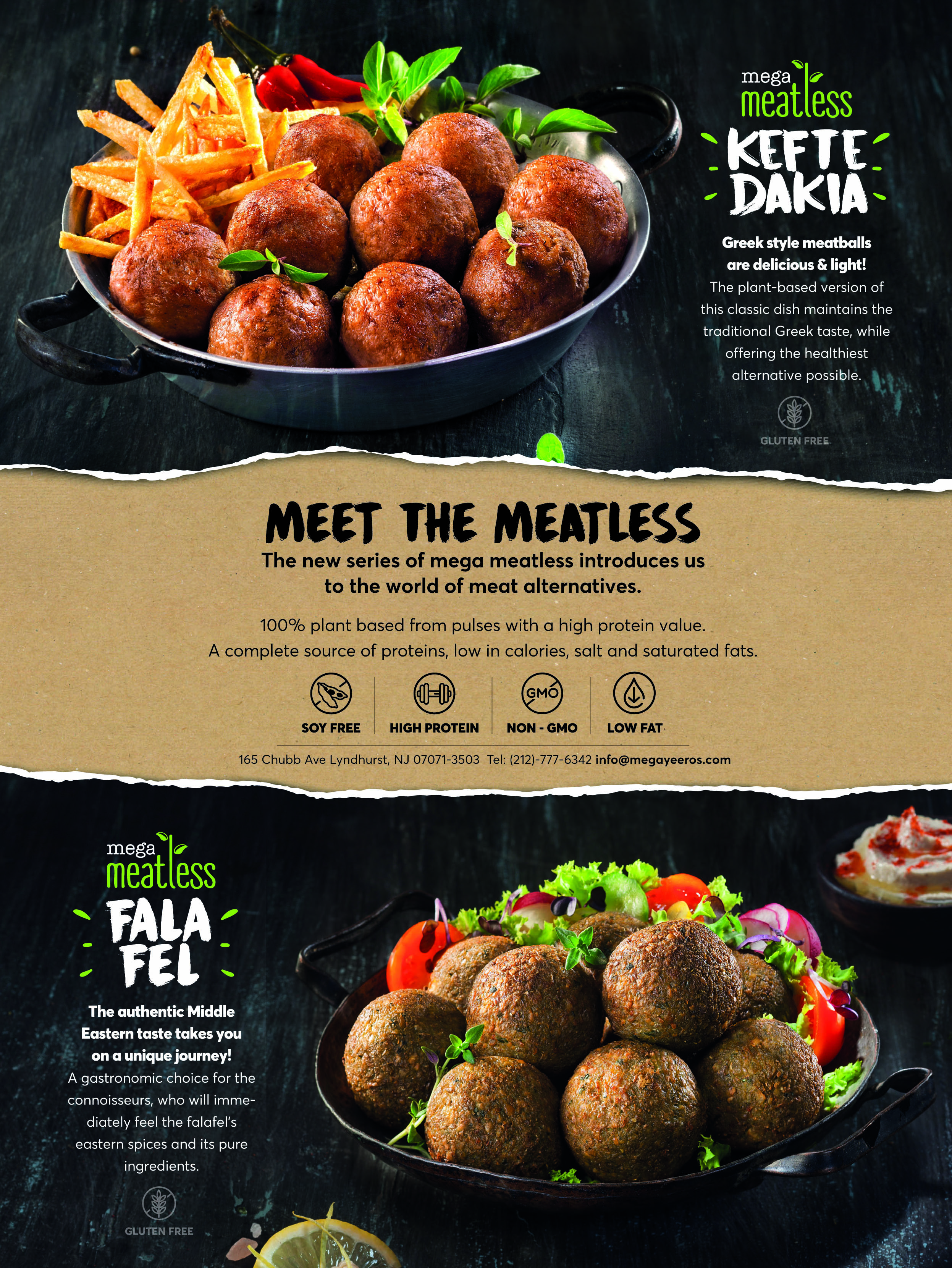Why Going Green is Good for Business
Posted by estiator at 11 October, at 09 : 48 AM Print
Managing for Success By CONSTANTINE N. KOLITSAS, Consultant
IT seems the government can’t get out of our noses these days, with states pushing to eliminate the tip credit against minimum wage, continually rising minimum wages, constantly evolving health codes and, now, campaigns requiring restaurants to “go green”. And while none of us like to be told how to run our businesses, particularly when the things we are being told to do come at a cost that impacts our ever-shrinking profits, we need to recognize when government gets it right. In the case of the elimination of the tip credit, they get it extremely wrong, but in the case of going green; it’s likely that they’ve got it right.
So, then, what exactly does it mean to “go green” and how is it good for business?
Going green is a broad phrase that encompasses several actions or initiatives that help to reduce pollution and waste; improve the environment; and lessen our carbon footprint on the planet. Services that collect restaurant grease for free, or even purchase it, are certainly no-brainers as they are cost-neutral at worse. And programs in many states that subsidize the transition to LED lighting are saving restaurants money on their utility bills while reducing their drain on the fragile energy grids.
But in most instances, restaurants are loathe to change their behaviors or implement systems that are environmentally responsible. Recycling beer bottles, which can require setting up empty cases and sorting them by label, is an inconvenience and, so, most restaurants just throw the bottles out with the food scraps that land in their garbage bags.
Now comes legislation from Seattle that bans single-use plastic straws in restaurants, forcing restaurants to source bio-degradable products that are three or four times more costly.
I can hear Yero-Stavros at the neighborhood Greek pizza joint complaining already: “They’re going to put me out of business, these straws are too expensive!”
But of course, this is an exaggeration. If he’s spending $75.00 per month on straws, the difference of another $75.00 or even $150.00 is not going to break the bank. If he really wants, he can raise prices on soda by ten cents; he won’t get a single complaint and he’ll come out a winner.
For those of us that aren’t in Seattle and aren’t impacted by the law, it would be foolish to ignore the “problem” until it reaches us directly. In today’s world, consumers are increasingly concerned about the environment, and what is important to our customers should be important to us. The big chains understood this early on and eliminated the ubiquitous use of earth-killing styrofoam in restaurant packaging. Applebee’s, for example, why Going Green is Good for Business uses costly and attractive black plastic containers with snap-on clear lids for its to-go meals that are sturdy enough to withstand multiple dishwasher runs. Or course, they didn’t go in that direction just because it made them feel good, they knew that the use of styrofoam was giving a bad impression to their guests.
In a similar way, going green gives a positive impression to our guests. As millennials continue to grow into adulthood, their values are forming the prevailing zeitgeist. And they look to businesses and brands that directly reflect those values. Getting ahead in the green packaging movement will actually earn you their respect and, other things being equal, their business.
If you want to test this out, then add an environmental statement to your menu. Don’t be shy to tell your guests that you are committed to the environment and the ways that the commitment manifests itself.
“Our restaurant proudly contributes to the greening of our environment,” you may start out. “We utilize energy-efficient LED lighting in our dining room, operate energy-efficient appliances in our kitchen, recycle our kitchen grease, and use only earth-friendly materials for our disposable containers.” Heck, you can get specific, letting them know that your straws are made from compostable plant-based materials. At the end of the day, the earth will be a little healthier, the additional costs can be absorbed, and you can arn yourself some additional new customers.
Constantine Kolitsas is the president of CNK Consulting, a Restaurant Consultant business located in the NY tri-state area. He can be reached at 203-947-6234 or at ckolitsas@gmail.com.
Related Posts
-

23 February at 11 : 27 AM 0
Grecian Delight | Kronos Foods launch integrated website
-

22 May at 13 : 55 PM 0
Θλίψη για τον θάνατο του επιχειρηματία, ευεργέτη και αγωνιστή Ευριπίδη Κόντου
















